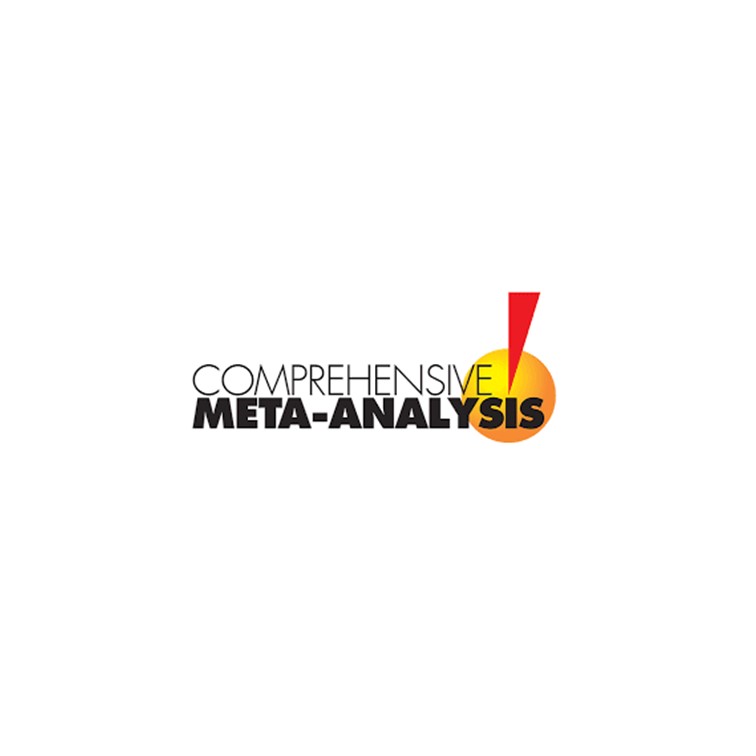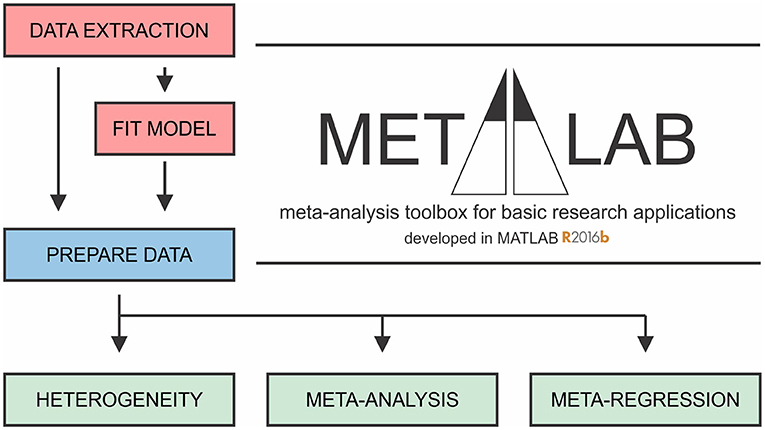

Although narrative reviewing has often proved useful, the method has often proved to be inadequate for reaching definitive conclusions about the degree of empirical support for a phenomenon or for a theory about the phenomenon.

Narrative reviews have appeared in many different contexts and still serve a useful purpose in writing that does not have a comprehensive literature review as its goal (e.g., textbook summaries, introductions to journal articles reporting primary research).

Until recently these comparisons were nearly always made using informal methods that are now known as narrative reviewing, a practice by which scholars drew overall conclusions from their impressions of the overall trend of the studies’ findings, sometimes guided by a count of the number of studies that had either produced or failed to produce statistically significant findings in the hypothesized direction. Therefore, accurate comparisons of study outcomes-reviews of research-are at the very heart of the scientific enterprise. In order to reach conclusions about empirical support for a phenomenon, it is necessary to compare and contrast the findings of relevant studies. In other instances, repeated tests of a relation accrue in a less systematic manner because researchers sometimes include in their studies tests of particular hypotheses in auxiliary or subsidiary analyses. Although new studies rarely replicate earlier studies without changing or adding new features, many studies can be described as conceptual replications that use different stimulus materials and dependent measures to test the same hypothesis, and still others might contain exact replications embedded within a larger design that adds new experimental conditions. The empirical evidence, consisting of multiple studies examining a phenomenon, exists as a literature on the topic. With the exponential growth in the numbers of studies available on a given social scientific topic, the need for these reviews has increased proportionally, meaning that reviews are potentially even more important each day. Because progress within any scientific field has always hinged on cumulating empirical evidence about phenomena in an orderly and accurate fashion, reviews of studies have historically proved extremely influential (e.g., Mazela and Malin 1977). Meta-analysis, a term coined by Glass (1976), is also known as research synthesis and quantitative reviewing. Thus, ”meta-analysis” literally refers to analysis of analyses.

Meta-analysis is the practice of statistically summarizing empirical findings from different studies, reaching generalizations about the obtained results.


 0 kommentar(er)
0 kommentar(er)
